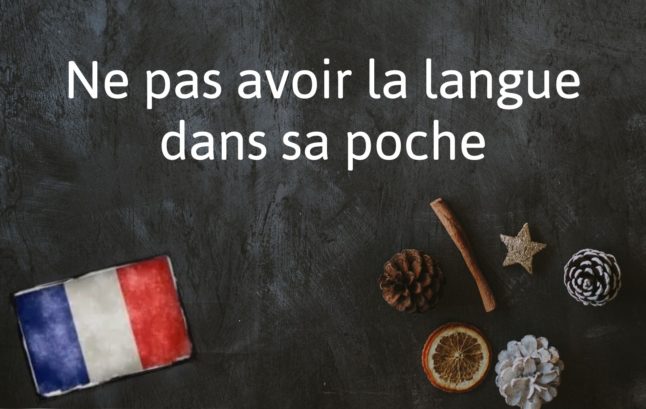Why do I need to know chasse aux sorcières?
Because you might see this expression pop up during a celebrity scandal.
What does it mean?
Chasse aux sorcières – roughly pronounced shass oh sore-see-air – translates as ‘witch hunt’.
You might have heard la chasse used in its more common context to mean hunting, although it’s also used in a military context – un avion de chasse is a fighter jet.
The expression ‘witch hunt’ is used in the same way as its English counterpart. Officially, it refers to the historic pursuit and persecution of people believed to have been practising witchcraft.
Over time, it has come to refer to the deliberate, large-scale harassment of someone with unpopular views.
In France, as in the UK and the US, celebrities or public figures may say they are the victims of a chasse aux sorcières, often after being accused of inappropriate behaviour or after making controversial commentary.
Use it like this
La célébrité accusée de harcèlement a déclaré que les accusations étaient fausses. Il a parlé d’une chasse aux sorcières. – The celebrity accused of harassment said the charges were false. He blamed it on a witch hunt.
Plusieurs milliers de femmes ont été brûlées lors de chasses aux sorcières. – Several thousand women were burned due to witch hunts.



 Please whitelist us to continue reading.
Please whitelist us to continue reading.
Member comments